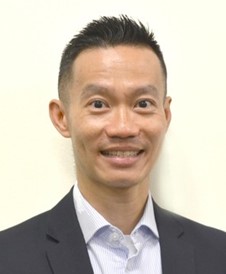Societal impact in research contributes to addressing current and/or future social, environmental and economic needs in the wider communities, societies and industries. Guided by our mission towards discoveries that contribute to communities, societies and industries within the Tropics and beyond, the work carried out by some of our faculty members at JCU Singapore Business School has impacted sectorial policies, international standards, and company practices, both globally and locally, in
Standardising Diversity and Equity
National Leadership on Circular Economy
Liquidity Impact on Singapore’s Monetary Policy
Standardising Diversity and Equity
Challenge
Standards affect our lives through the products, processes, and services we consume and undertake. The International Standards Organization (ISO) and International Electrical Commission (IEC) have as their mandates the creation of guidelines to streamline processes, best practices, and safety standards. However, most of these standards have been developed by professionals who are historically men. As a result, there has been little awareness and recognition that existing standards may not be universally effective or helpful across diverse groups – especially between men and women.
Solution
Professor Eddy Ng’s work on diversity and equity indices has led to his appointment to the ISO/IEC Joint Strategic Advisory Group on setting gender-responsive standards. His work ensures that standards are gender-responsive by creating procedures to assess the possible gender implications when developing or revising a standard and providing guidance for committees on how to ensure their standards are gender-responsive (non-biased for all users).
Impact
This work directly contributes to the United Nations Sustainable Development Goal 5 (SDG 5) to end discrimination and empower women and girls. The linkage between standards and the broader economy is an important starting point in understanding the relationship between standards and SDG 5 goals. Greater proactive gender action can eliminate bias, promote gender parity, and ensure that women and girls have equitable access to and attain equal success as men in education, employment, health, and well-being. In short, equitable standards build a fairer and more just society.
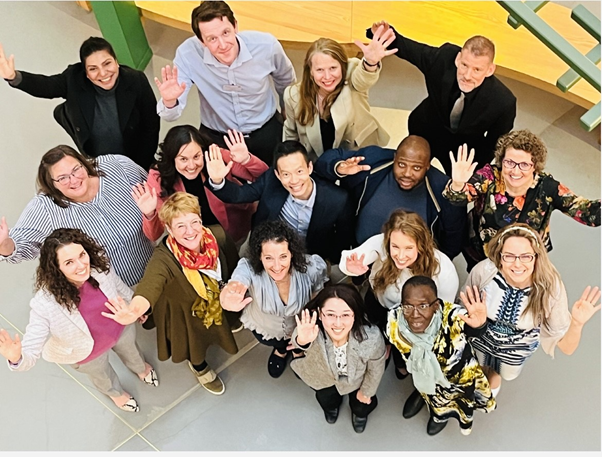 |
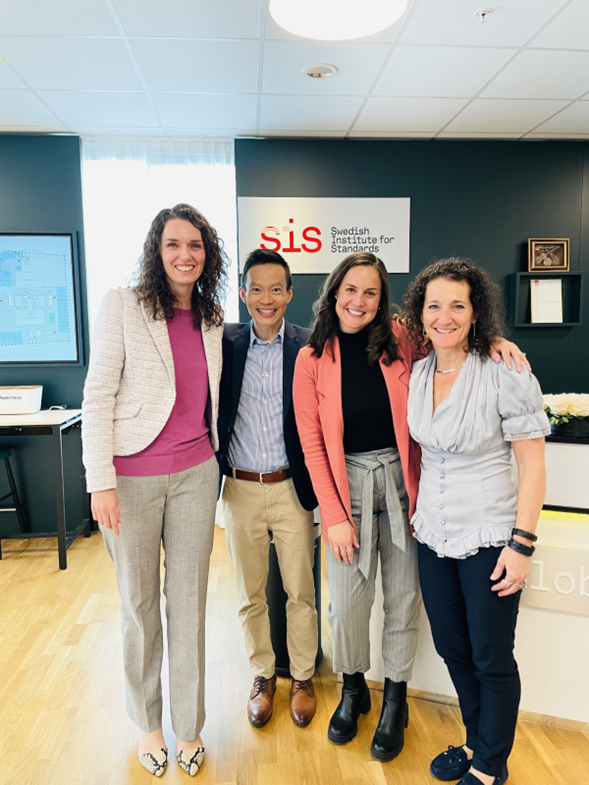 |
National Leadership on Circular Economy
Challenge
To date, businesses and governments are struggling with the adoption of a circular economy as there has been no fixed definition on its nature and the clear measurement of circularity. The International Standards Organization (ISO) created a Technical Committee (ISO/TC 323 Circular Economy) for a team of global experts to address the standardisation of the circular economy.
Solution
Professor Adrian Kuah was invited to join the National Mirror Committee for ISO/TC 323 that provided the oversight to the development of ISO 59004, 59010 and 59020 over the last five years. At the ISO, alongside standards agencies from 47 participating countries, 6 ordinary member countries, and nearly 250 international experts, he led the Singapore Delegation at the 4th Meeting for ISO/TC 323 Circular Economy in Rwanda. Concurrently, Kuah is also appointed to the Technical Committee for Circularity of Materials under Singapore’s Environment and Resources Standards Committee.
Impact
His involvement with the International Standards Organization over the last five years has shaped the standardization of circular economy in its conceptualization and development of ISO 59004, 59010 and 59020. The Draft International Standards have been released in Q1 2023. Over the last few years, he also led in the meeting to showcase Queensland’s Advanced Manufacturing and Circular Economy capabilities to the World Economic Forum visiting Queensland in Oct 2019. He was invited by the National University of Singapore to partake in a panel discussion “Opportunities and Gaps in the Circular Economy” that was live-streamed around the world.
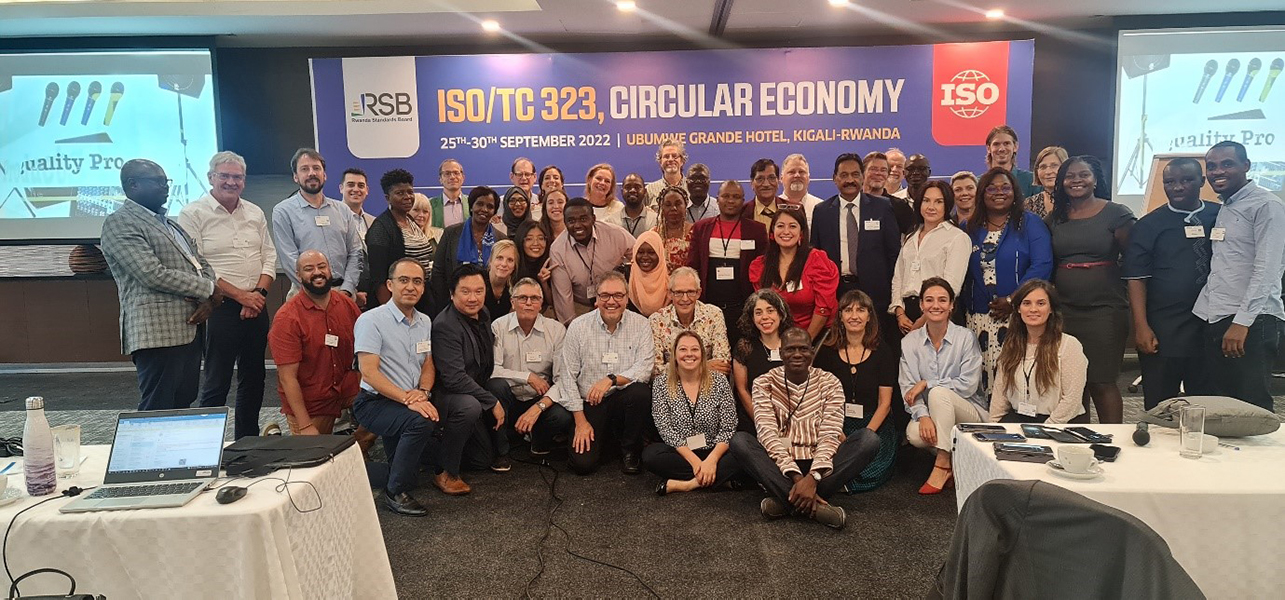 |
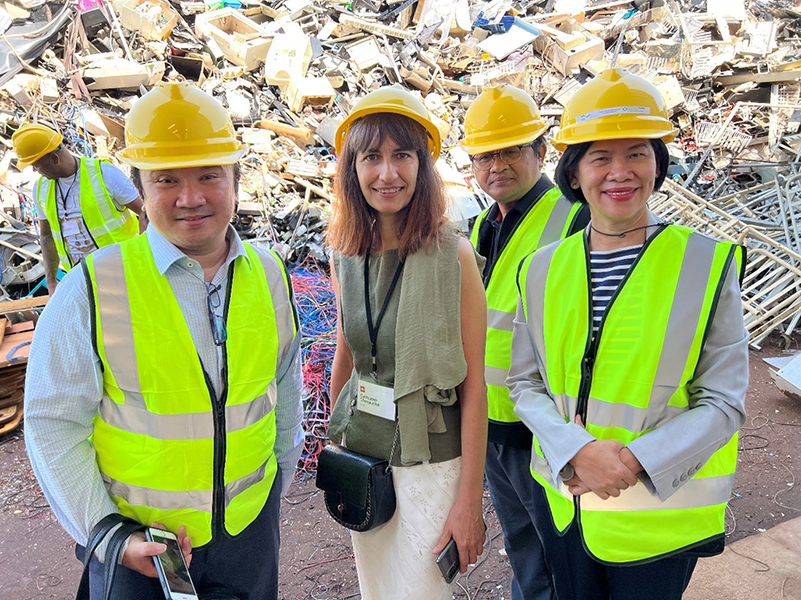 |
Liquidity Impact on Singapore’s Monetary Policy
Challenge
Market liquidity is a primary concern for investors as it affects their ability to get into and out of their security investments at minimum costs. In a frictionless capital market, there is no role for liquidity as investors can buy or sell assets in any quantity without incurring costs. However, in reality, there are trading costs associated with buying and selling securities. The challenge faced by investors and policymakers includes how to measure liquidity, how liquidity varies over time and across markets, and whether liquidity is important.
Solution
Associate Professor Zhang Huiping’s work focuses on an important component of trading costs - the price impact of trades. She investigated two issues related to liquidity in stock markets globally: (i) the time-series variation in stock market liquidity; and (ii) the impact of liquidity on expected stock returns. Through these, she found that there is significant variation in liquidity levels over time: market liquidity declines in periods of global market turmoil. And, across markets, there is a positive relation between average stock returns and stock illiquidity, implying a higher cost of capital for companies with illiquid stocks.
Impact
Her research is among the first to test the impact of liquidity on stock returns in global markets. In addition to contributing to academia, her findings have been adopted by Monetary Authority of Singapore (MAS) and published as Special Feature B in the October 2022 Macroeconomic Review, which provides an assessment of Singapore’s economic developments and forms the basis for MAS’ monetary policy decision.
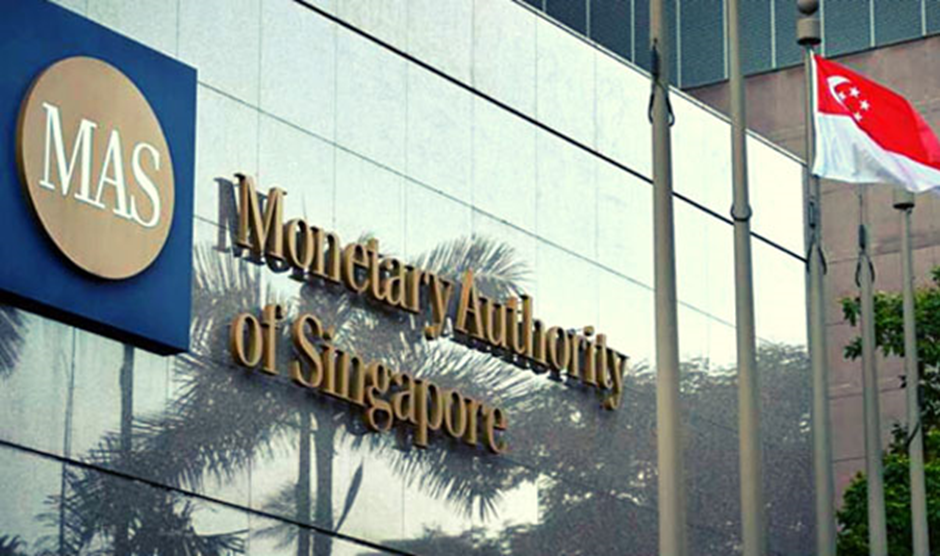 |
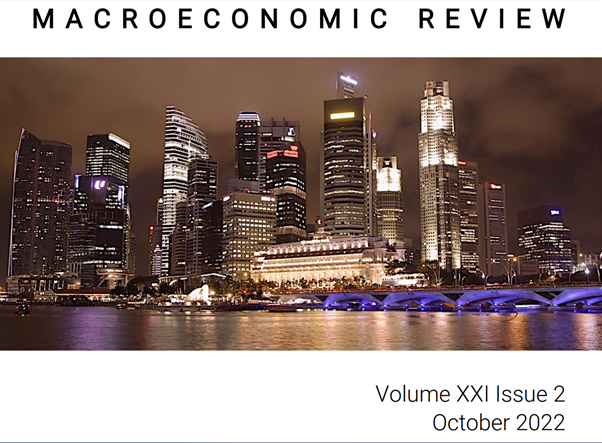 |
Culturally Diverse Tourism in Denmark
Challenge
As tourism continues to grow, it is critical to understand the decision-making processes of culturally diverse tourists, particularly those from emerging tourist countries like China. Yet, the ability to address these tourists on their own terms, handling complex insights about their behaviours and choices in global markets, remains a challenge. Moreover, utilising Big Data to gain these insights while understanding the mental representations tourists have of the destination has been a significant hurdle.
Solution
Professor Alexander Josiassen led a four-year research project to comprehend the motivations, goals, and mental pictures that Chinese tourists have of Nordic countries, particularly in Denmark, as a tourist destination. Through the innovative use of Big Data and machine learning technologies, he developed a formalised framework to analyse the performance drivers of the tourism industry and measure its competitiveness and growth potential. He has provided an intelligent analysis of intercultural segments and facilitate the creation of efficient "segment-specific" communication strategies to attract more Chinese tourists to the Nordics.
Impact
The strategies proposed by him were implemented by major Scandinavian tourism providers like VisitNorthsealand and VisitDenmark. As a result, Danish tourism offerings were tailored to different types of potential Chinese tourists, better addressing their needs and expectations. This project not only enhanced Denmark's appeal as a tourist destination but also, for the first time, evidenced the potential for spill-over effects on Scandinavian exports in China for the first time, thereby significantly impacting the national economy.
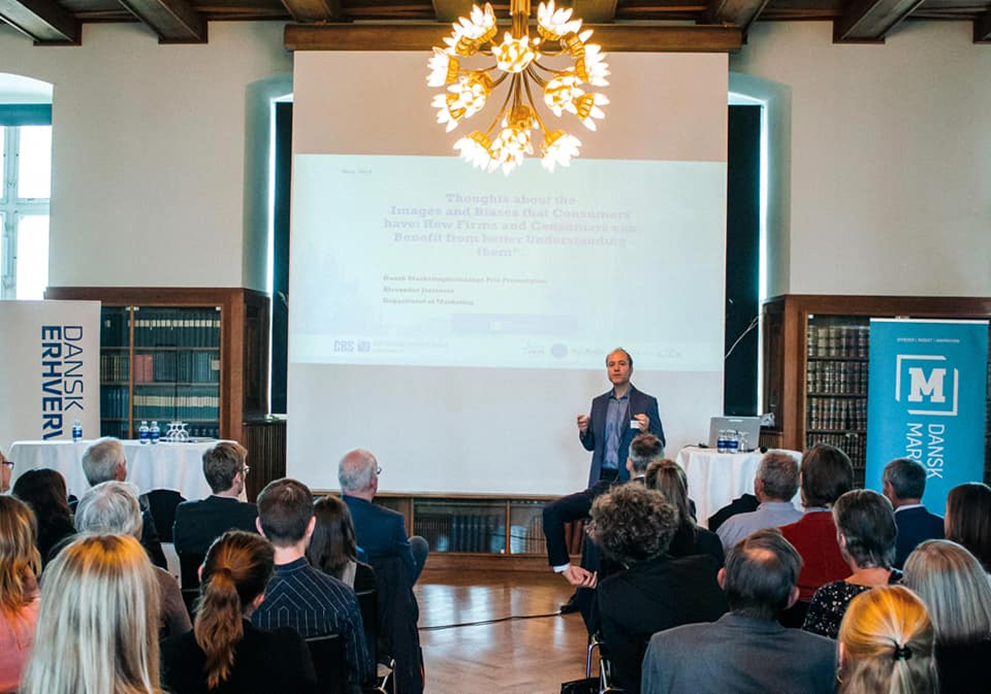 |
Sustainable Chinese State-Owned Enterprise
Challenge
As Chinese state-owned enterprises (SOEs) have increasingly become oriented towards internationalisation of their business, a major challenge for them has been to understand and manage international expectations regarding responsible and sustainable aspects of doing business in foreign markets.
Solution
Through a range of workshops with mid-level managers of a leading Chinese SOE, Professor Peter Hofman further introduced important concepts, tools and developments related to sustainability and responsibility issues and expectations in international markets. Through research, group assignments and discussions, these managers gained better insight in practical ways that the company could further strengthen its relationship with key stakeholders and manage non-market and market issues in overseas institutional environments.
Impact
Under Professor Hofman’s guidance, the managers developed specific tools, measures and strategies around aspects of sustainability, human resource management, safety and stakeholder engagement related to advancing their products and services in various developed countries’ markets. This was consequently presented to senior management of the company. The most promising ideas were taken forward by the SOE, while a number of the mid-level managers were asked to further contribute to developing aspects of sustainability and stakeholder engagement in their internationalisation.
 |
The Effects of Xenophilia on Tourism
Astrid Nørfelt shares research on tourism xenophilia and the practical implications of taking this positive bias into account.
Case of risk management regulations & disclosures in UK higher education institutions
Professor Collins Ntim investigates non-financial reporting regulations in non-profit organisations. Specifically, he examines the extent to which UK higher education institutions (HEIs) comply with and make disclosures relating to risk management regulations, and investigates whether internal governance quality and senior management team characteristics influence such risk disclosures.
The World Economy After COVID
The COVID-19 pandemic has generated enormous uncertainty around the globe, and the world continues to wrestle with the economic risks and impact from the shocking pandemic. Professor Sir David Greenaway, Emeritus Professor of Economics at the University of Nottingham, reflects on aggregate short-term economic impact and speculated on possible consequences for the world economy, in a webinar organised by the Centre for International Trade and Business in Asia (CITBA) at James Cook University (JCU).
